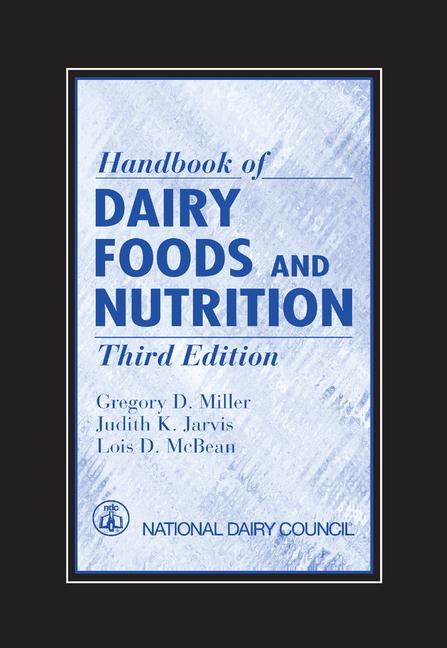US dairy organizations applaud USTR action to address Canadian TRQ violations
IDFA, USDEC and NMPF weigh in on the Dec. 9 announcement.

The International Dairy Foods Association (IDFA), the U.S. Dairy Export Council (USDEC) and the National Milk Producers Federation (NMPF) said they applaud the Dec. 9 announcement by the Office of the U.S. Trade Representative (USTR) that it is initiating consultations with the government of Canada under the U.S.-Mexico-Canada Agreement (USMCA). The consultations are related to Canada’s failure to ensure its tariff rate quota (TRQ) administration for dairy products meets the terms of USMCA.
IDFA said it has expressed its concern and engaged the U.S. and Canadian governments on Canada’s TRQ administration since USMCA went into force in July 2020.
“IDFA commends the U.S. government for pursuing accountability and for standing firm on Canada’s obligations under USMCA. This step by USTR shows they are dedicated to ensuring all parties to USMCA honor their commitments and obligations,” said Michael Dykes, D.V.M., president and CEO of Washington, D.C.-based IDFA.
USMCA text prohibits the introduction of any new conditions or eligibility requirements on the utilization of a TRQ beyond those set forth in the text, IDFA said. However, the proposed TRQs for many dairy products impose eligibility and allocation calculation conditions that clearly fall outside of Canada’s commitments.
One egregious example, in IDFA’s view, is limiting access to the “Cheese of All Types” TRQ to just 15% for distributors and allocating 85% to processors, where there is no such restriction in USMCA, and, in fact, the agreement requires parties to ensure that they do not “limit access to an allocation to processors.” There are many other Canadian conditions on allocation and eligibility that also are inconsistent with USCMA and negatively impact the ability of U.S. dairy to take advantage of the benefits offered by the agreement, IDFA noted.
USDEC and NMPF said they have long raised the alarm, with strong bipartisan backing from Congress, about the need to ensure the United States-Mexico-Canada Agreement (USMCA) is fully enforced due to Canada’s history of undermining its trade commitments.
“USMCA is designed to improve trade with Canada, while modifying some of Canada’s trade-distorting dairy policies,” said Tom Vilsack, president and CEO of Arlington, Va.-headquartered USDEC. “We knew from day one that enforcement would be key to bringing the intended benefits home to America’s dairy industry. I applaud USTR for hearing our concerns and relying on our guidance to take this critical enforcement step to ensure that the agreement is executed in both letter and spirit. This is the critical first step, but more work may be needed to ensure Canada complies with its Class 7 related USMCA commitments as well.”
Even prior to its entry into force, USDEC and NMPF monitored Canada’s actions regarding its USMCA commitments and urged Congress and the administration to make this a priority as soon as USMCA entered into force. Canada has distorted its TRQ administration to limit imports from the United States, the organizations said. Earlier this year, USDEC and NMPF highlighted for USTR and USDA the inconsistencies between Canada’s dairy TRQ allocations and Canada’s USMCA obligations. In a detailed filing submitted to the administration, NMPF and USDEC provided the agencies with a specific legal review of the Canadian TRQ system and an explanation of the negative impacts resulting from them.
“America’s dairy farmers appreciate USTR’s commitment to the fair and transparent enforcement of USMCA. Enforcement has been one of the top priorities of our industry since the final agreement was announced, and we’ve worked diligently to ensure that it remains one of USTR’s top priorities as well,” said Jim Mulhern, president and CEO of Arlington, Va.-based NMPF. “We look forward to working closely with the incoming administration as well since enforcement efforts are likely to require sustained focus going forward.”
Looking for a reprint of this article?
From high-res PDFs to custom plaques, order your copy today!






